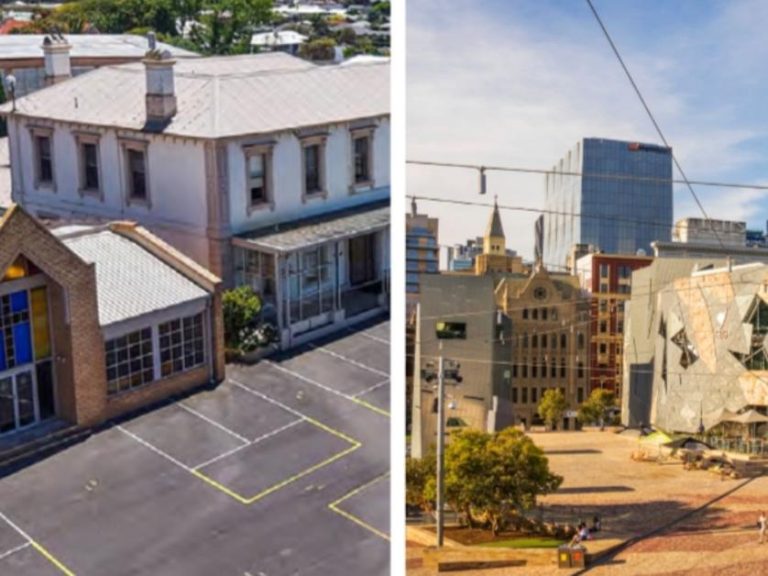Retail owners change tack amid challenging times

The shopping centre industry has been rocked by the collapse of a series of retail chains and the poor start to the year, with consumer confidence hampered by bushfires and the new coronavirus.
The uncertainty has cascaded through the industry with major owners, who are increasingly focused on catering to luxury shoppers, vulnerable to the impact of the virus as it hits travel and spending from China.
Different strategies are being adopted by big owners.
Some landlords have taken a hard line, with the listed Scentre, owner of the local Westfield empire, in December opposing plans to give the administrators of Harris Scarfe more time to undertake a major restructure.
But other mall owners are taking a softer line as more household name brands, including Jeanswest and Bardot, have collapsed into voluntary administration, and department stores, like Myer, have flagged they will reduce floor space.
With Australian retailers under pressure, industry players are looking offshore for pointers about the future of shopping centres.
Global giant Unibail-Rodamco-Westfield, which has centres across Europe and the US, this month released a major report unpacking trends for European consumers and forecasting what shopping will look like in 2029.
The report highlighted five key areas that will influence the European retail industry, with the shift towards “upside-down retail” one key trend.
This will see the retail model evolving to enhance the consumer’s experience, which Westfield anticipates will drive a complete remodelling of their shopping centres by 2025.
The report found that 59% of consumers are expecting more than half of retail space will be dedicated to the consumer experience, and 81% of customers are willing to pay more for this experience, whether it be creative, scientific or game-orientated.
The report revealed two major concerns among consumers; product sustainability and frustrations with purchasing online.
It found 76% of Europeans believed that retailers must address environmental concerns and consumers were becoming increasingly more conscious about sustainability and whether products were made locally.
About 56% of Europeans were also unsatisfied with inaccurate online retail recommendations, proving the importance of accurate customer data.
The report also noted 51% of customers would prefer to buy local brands.
Physical stores were becoming increasingly important.
Retailers must also be able to provide an in-store experience that separates them from online- only sales, it says.
This article originally appeared on www.theaustralian.com.au/property.







